
Patios, Walkways & Driveways
We unite suppliers and green industry professionals worldwide
Delicata squash is a favorite winter squash variety widely beloved for its delicate, rich flavor and thin-skinned properties. This squash will give a rich,creamy-like texture and its bright skin with stripes makes it very desirable for many culinary uses.
By Mariam Scott
|Published on September 17, 2025
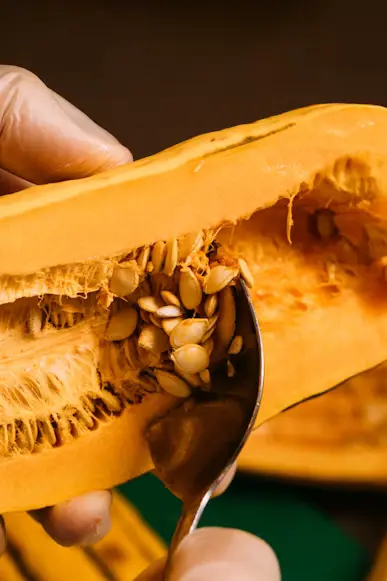

Delicata squash is a favorite winter squash variety widely beloved for its delicate, rich flavor and thin-skinned properties that make it a favorite among home gardeners and chefs. This squash will give a rich,creamy-like texture and its bright skin with stripes makes it very desirable for many culinary uses. Delicata squash, unlike many other squashes (e.g., acorn or butternut), has an edible skin and doesn't need to be peeled before cooking.
This heirloom variety which is high in nutrients, adds a special something to dishes at fall and winter meals. Its bright, light colored skin with green and orange striping sets it apart from other squashes in its botanical features.
| Scientific Name | Cucurbita pepo |
| Common Names | Delicata Squash, Sweet Potato Squash |
| Family | Cucurbitaceae |
| Genus | Cucurbita |
| Species | Cucurbita pepo var. delicata |
| Cultivars | Delicata squash has several cultivars, most being an orange variety that has light yellow skin marked off by green and orange striping, and with a smaller, sweeter variety called a Sugarloaf. |

September 18, 2025
10 minute read
September 17, 2025
9 minute read
September 17, 2025
20 minute read
September 17, 2025
20 minute read


Join as a seller and connect with thousands of B2B buyers nationwide!
Sign Up
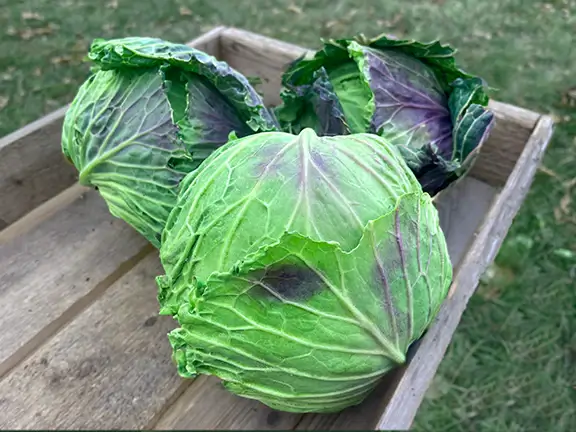
January King Cabbage
January King cabbage is one of the winter vegetables with stunning tastes and wonderful cooking uses in the kitchen.

Cabbage Napa
Also known as the Chinese cabbage, Cabbage Napa is a long leafy vegetable which is also tender and trending centuries back to Asian cooking. These pale green leaves and crisp white stalks provide a mild, delicate sweetness that is delicious both in its ra
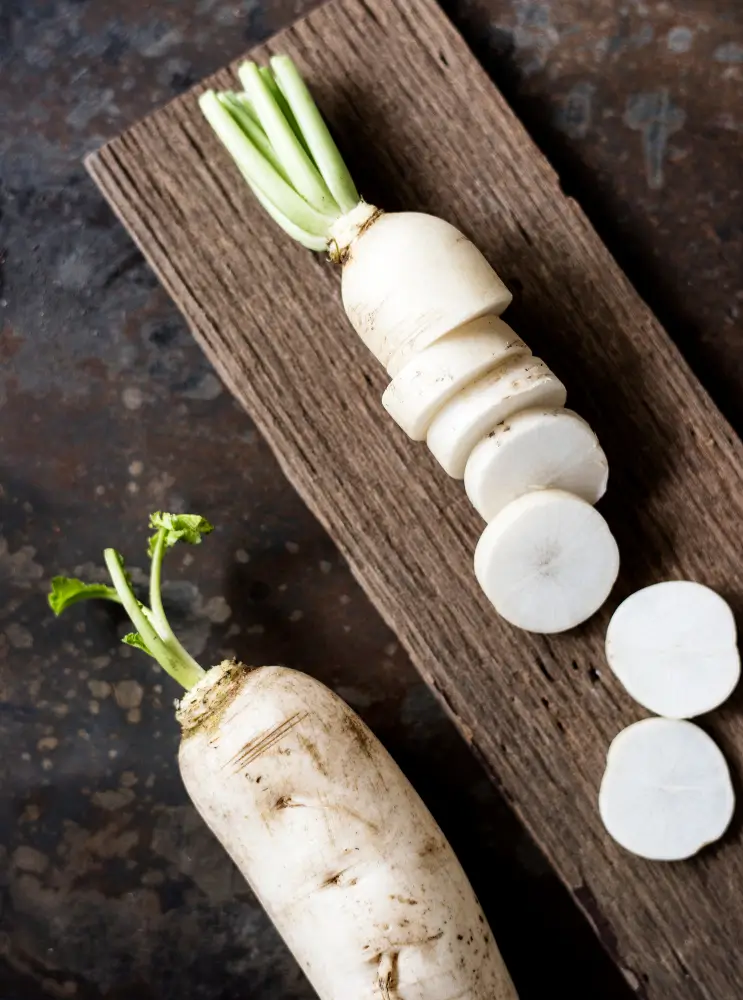
Daikon Radish
Daikon radish is a large white root vegetable used in a lot of Asian dishes. It has a subtle flavor; it is somewhat sweet and slightly peppery. This is one of the veggies that tastes sweet and crispy, juicy, and refreshing raw or cooked.

Dandelion Mammoth
The Dandelion Mammoth is the larger and stronger version of the common dandelion. It is liked by gardeners, herbalists, and farmers. The plant is loved by people because of its size and useful qualities. It is a perennial herb that would do well in most c
Delicata squash is a distinctive winter squash that can be easily recognized by its elongated shape and typical skin. These are the major aspects of the plant:
Delicata squash is fantastic in sweet and savory dishes. Here are a few common uses of tape in making.
The delicata squash has a delicate skin that is susceptible to heat and moisture; thus, the user should plant it in a well-drained and sunny area. The following are the best environmental settings to grow:
Light: Full sun. Delicata Squash requires at least 6-8 hours of direct sunlight per day to produce optimally.
Soil: Well-draining, rich, loamy soil with a pH between 6.0 and 7.5.
Watering: Delicata squash is a moisture lover and you should never overwater to cause root rot. Make sure to water well and let the soil dry in between days.
Temperature: Delicata squash grows best at temperatures ranging from 70°F to 85°F (21°C to 29°C). Plant it in the ground after the region's last frost date.
Spacing: Spread plant seeds 36-48 inches (90-120cm) apart because these plants must be capable of spreading.
Delicata squash seeds are very large and flat with a smooth light beige color. These are the most important facts about Delicata squash seeds:
The best conditions in germinating squash seeds should be replicated in order to successfully germinate Delicata squash seeds. These are the primary reasons that germination is affected by:
If properly stored and handled, the seeds of Delicata squash will remain viable and quite vigorous. Listed below are several seed vitality facts:
Delicata squash is grown from either seeds or seedlings. But usually seeds are directly sown. Here’s how to propagate and sow Delicata squash:
Though Delicata squash is not susceptible to pests and diseases, sometimes problems might occur. This is how to deal with them:
Prevention: To prevent problems of pests and diseases, methods that can be used are disease resistant varieties, good garden hygiene and crop rotation.
Proper storage and handling are crucial for maintaining the quality and shelf life of Delicata squash after harvest:
Delicata Squash is easy to grow and a tasty winter squash option for the garden. Delicata squash has a sweet flavor, thin skin that can be eaten and a compact growth habit making it ideal for both small gardens and large ones. By meeting its soil and climate needs, the germination process and pest management, gardeners can be rewarded with a great harvest of this tasty vegetable.
It takes about 85-100 days to reach maturity from sowing, depending on the growing conditions.
Yes, Delicata squash skin is edible so the user can easily cook without peeling.
Pests that threaten the Delicata squash include aphids, squash bugs, cucumber beetles, and vine borers.

Patios, Walkways & Driveways
Victor Miller
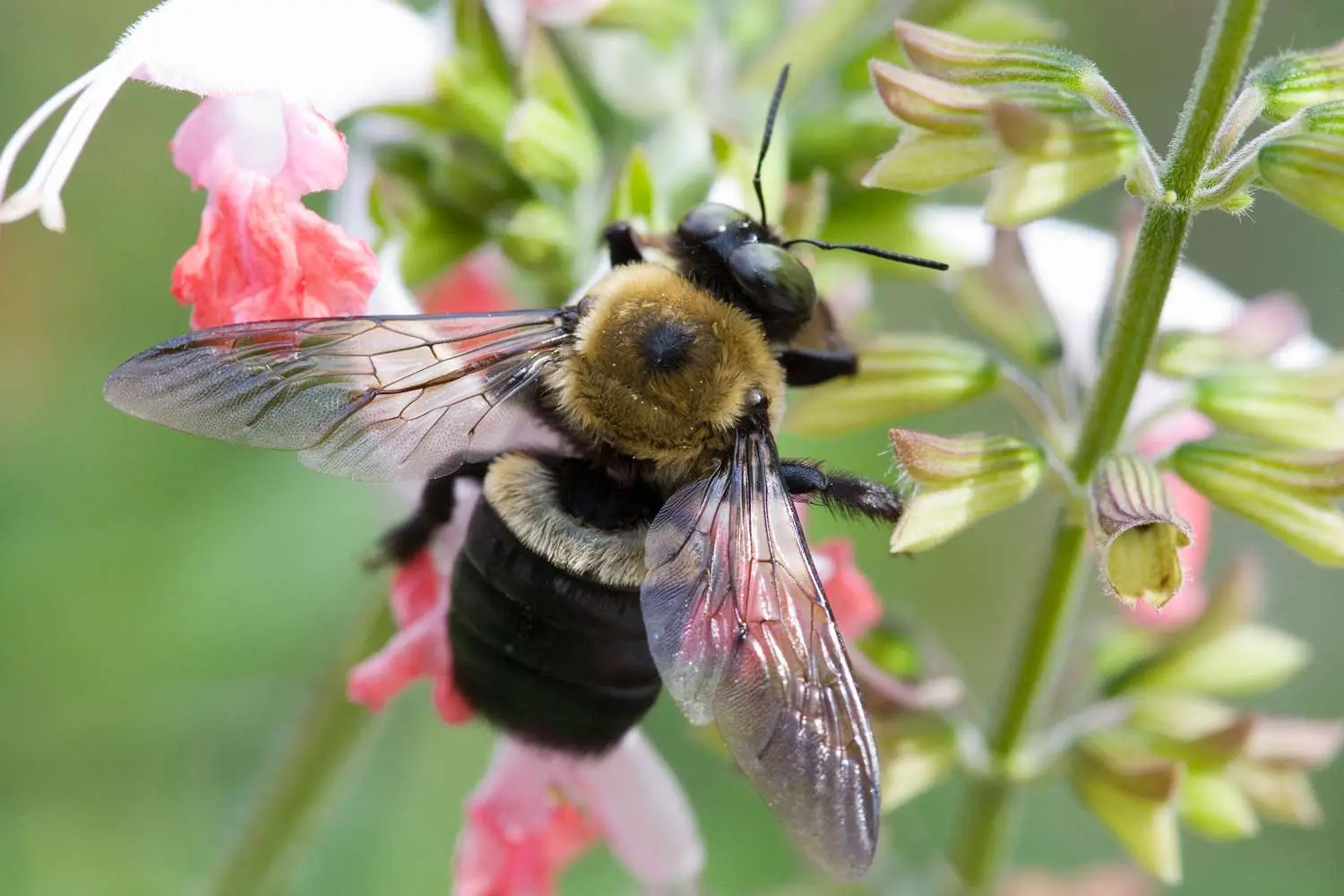
Pest Identification & Prevention
Victor Miller
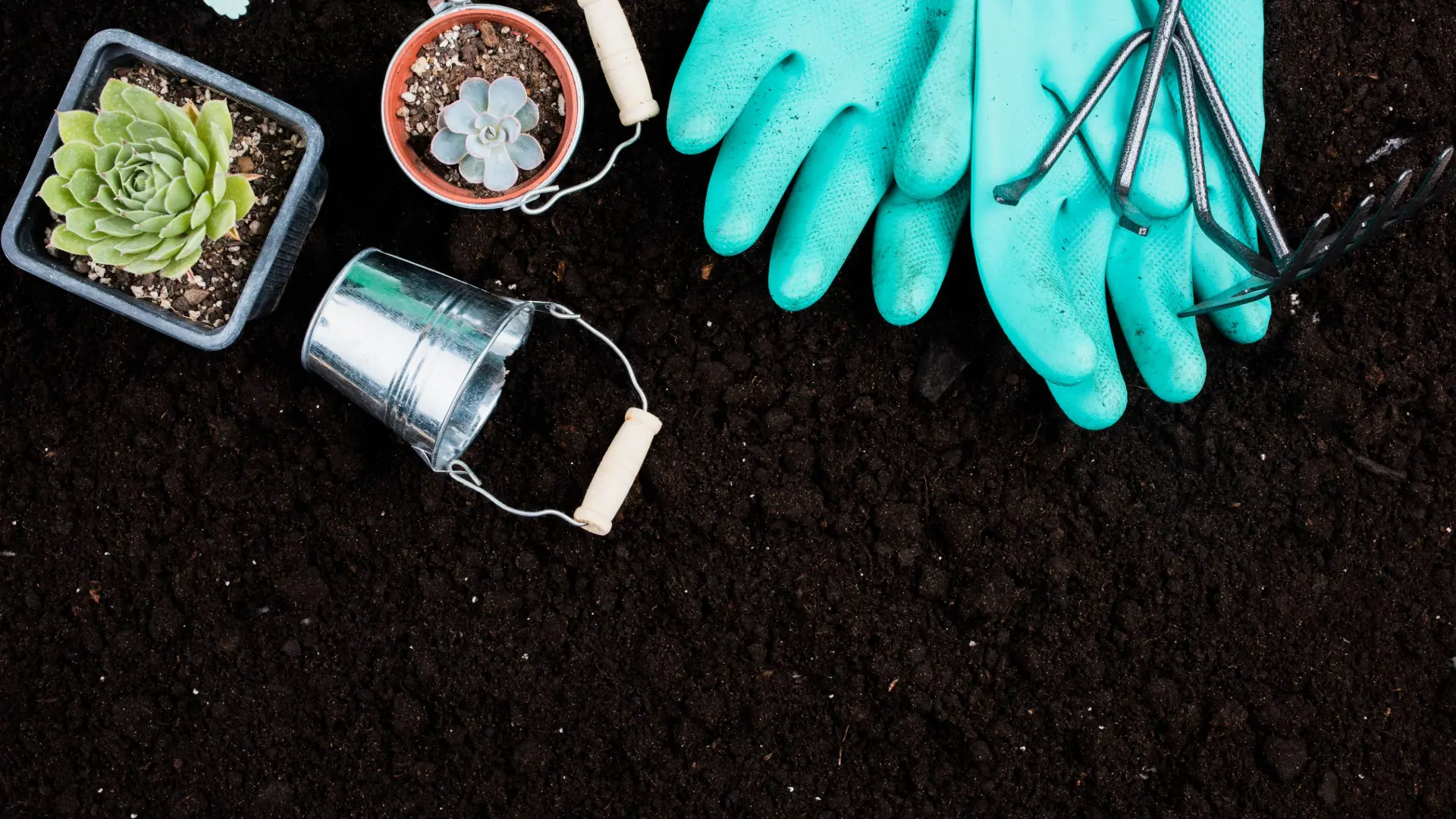
Soil Health & Fertilization
Gina Lazaarus
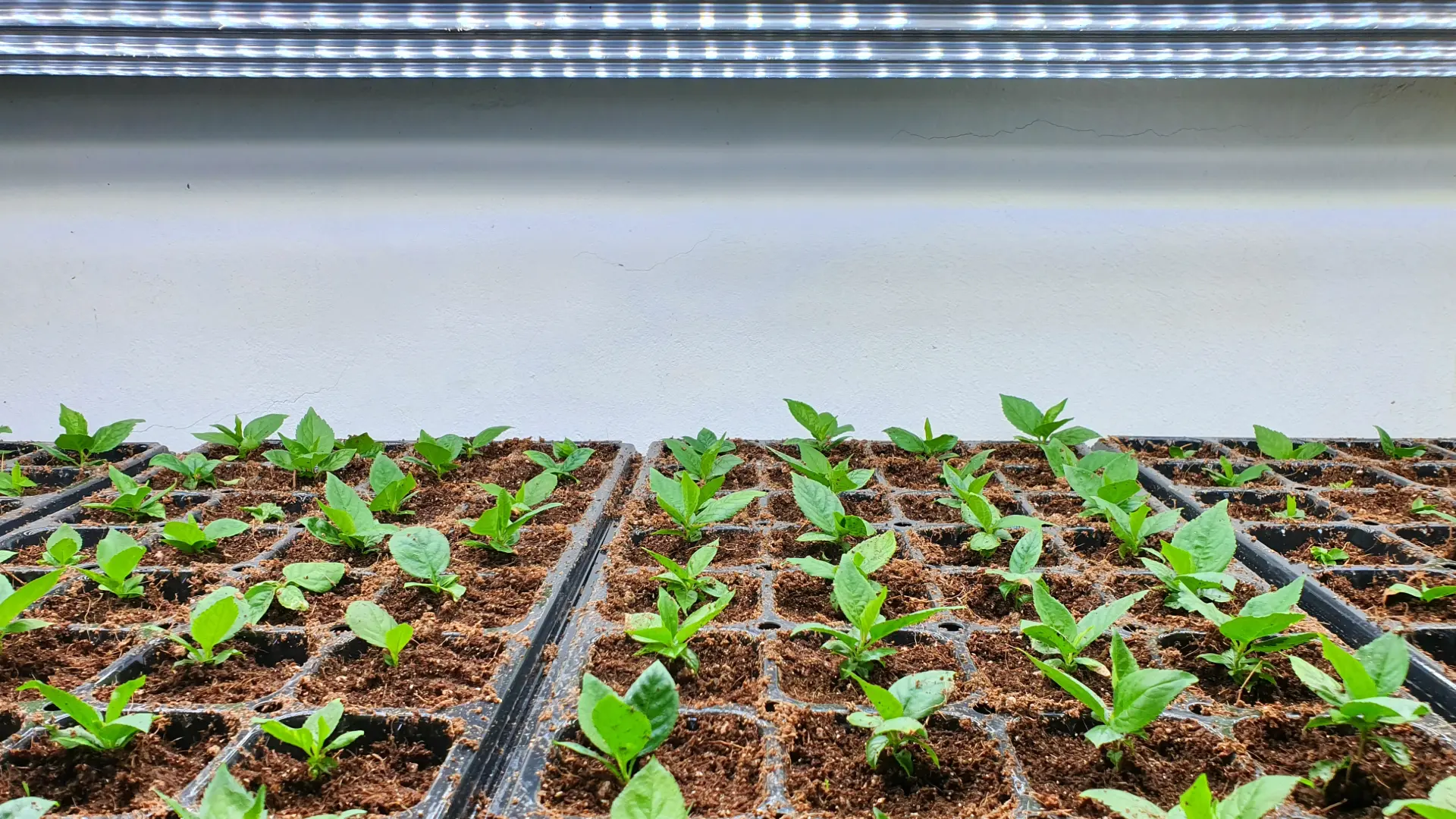
Lighting & Technique
Gina Lazaarus
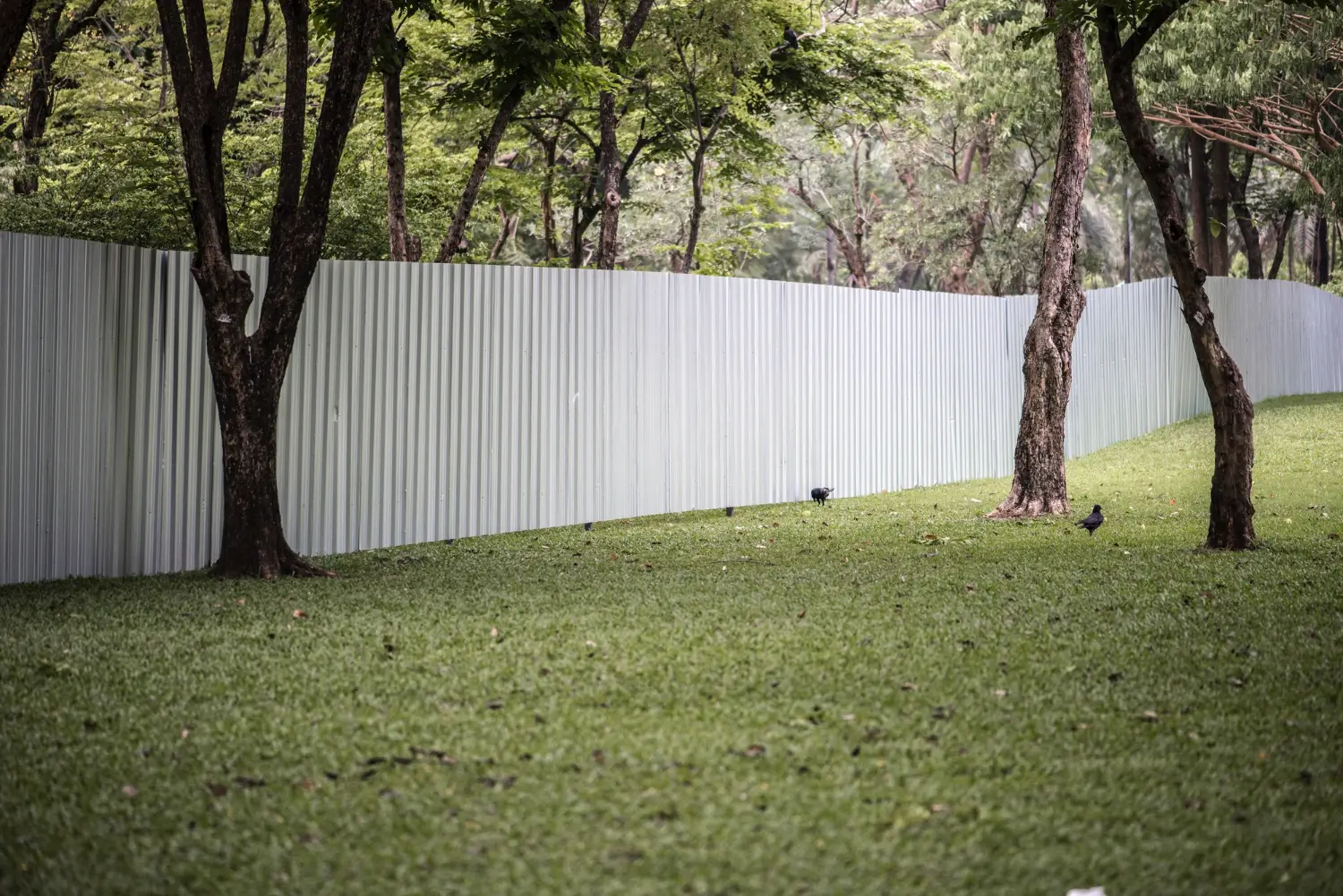
Construction Tips & Techniques
Victor Miller

Maintenance & Equipment Tips
Victor Miller

Soil Health & Fertilization
Victor Miller

Organic Gardening
Gina Lazaarus
My Account
Our team is always here to help.
We are open Monday - Friday, 9:00 AM to 4:30 PM PST.